Publications
Articles, publications, books, tools and multimedia features from the U.S. Institute of Peace provide the latest news, analysis, research findings, practitioner guides and reports, all related to the conflict zones and issues that are at the center of the Institute’s work to prevent and reduce violent conflict.
Question And Answer
Amid a Changing Global Order, NATO Looks East
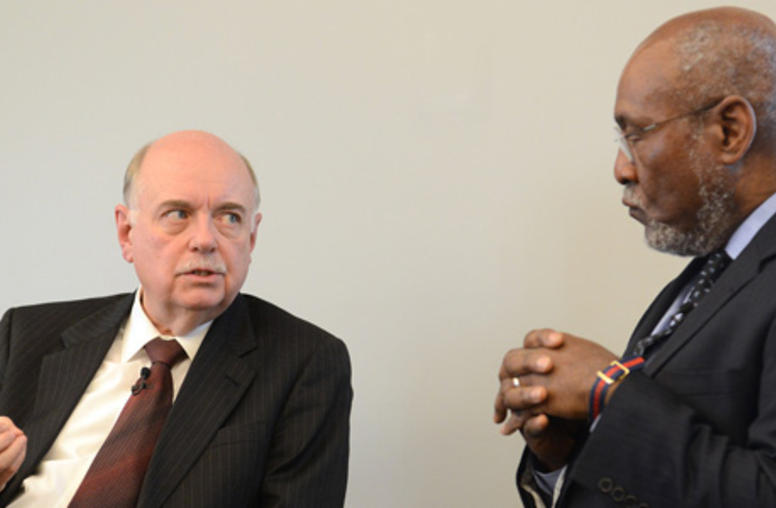
More International Engagement on DRC Needed, Former U.N. Special Rep Says at USIP
The Democratic Republic of the Congo (DRC), though afflicted by conflict for nearly two decades, has made limited progress on several key issues but needs continued international support and engagement to help consolidate the gains, the former special representative to the United Nations secretary general told an audience at the Institute on December 11.
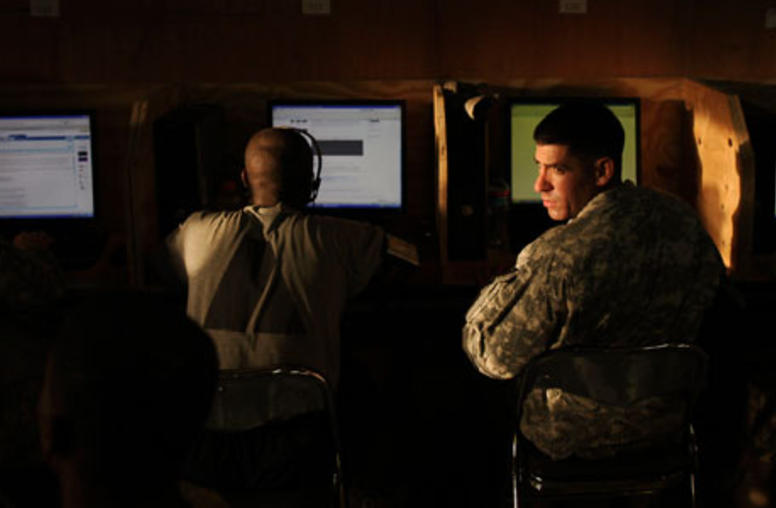
The Quiet Revolution
Technology is changing the way we fight war. But it's also changing the way we make peace.
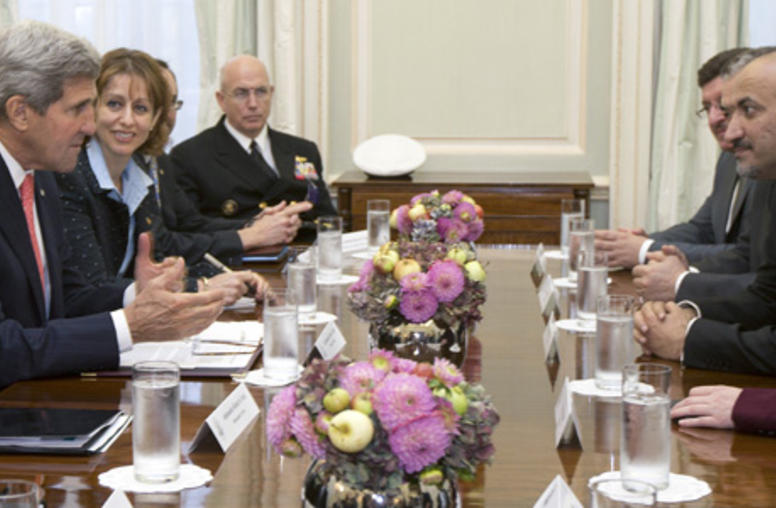
Debate Lessons
What can we learn from other peace processes that could help ease the negotiations in Geneva this January between the Syrian government and the country's fractured opposition? Many seasoned practitioners would argue that since no two conflicts are alike, it is dangerous to assume that what worked in managing one conflict will work in another. At the risk of proving the skeptics right, however, there are a few areas in which earlier conflicts might provide useful lessons for Geneva: identity i...
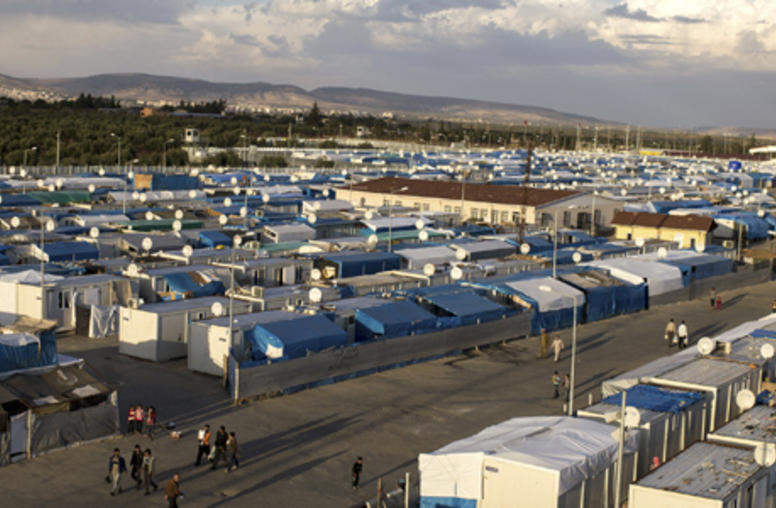
Neighborhood Watch
After nearly 30 months of conflict in Syria, millions of refugees have fled across the country's borders, and violent spillover has touched Turkey, Lebanon, Jordan, Iraq, and Israel. What has been characterized as a civil war has already morphed into a regional power struggle between Saudi Arabia and Iran and heightened sectarian polarization that is eroding stability in Iraq, Lebanon, and Jordan.
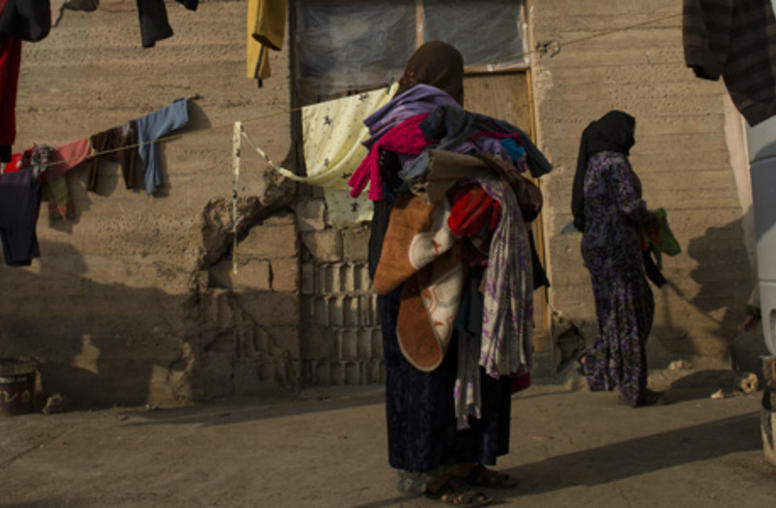
Peace Economics
The Arab Spring rebellions in Tunisia, Libya, Egypt, and Syria raise a crucial question for analysts: Why did authoritarian or kleptocratic rulers lose control over their polities? For decades, these rulers were able to use a combination of repressive and redistributive policies in order to maintain social order. Why did that order break down?
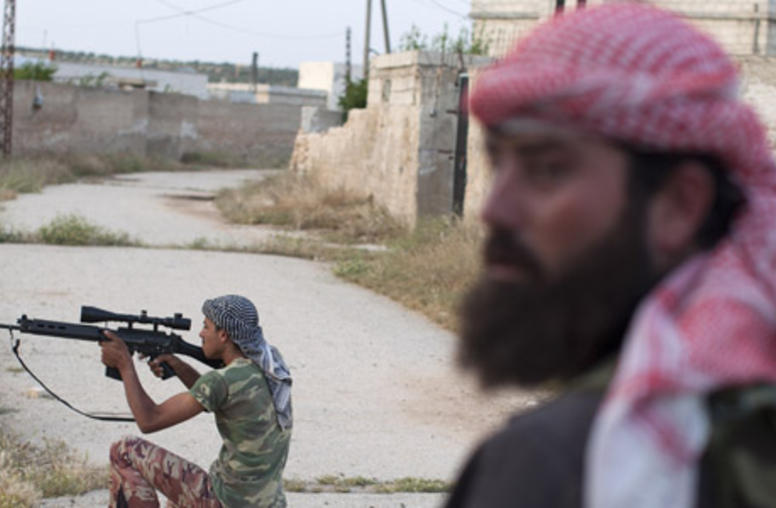
From Ceasefire to Stability
Civil war has created a nationwide security vacuum across Syria. Conflict rages in virtually every one of the country's 13 provinces. Hundreds of thousands of Syrians have been killed or wounded, and millions have been displaced, causing the worst humanitarian crisis since the Rwandan genocide in 1994.
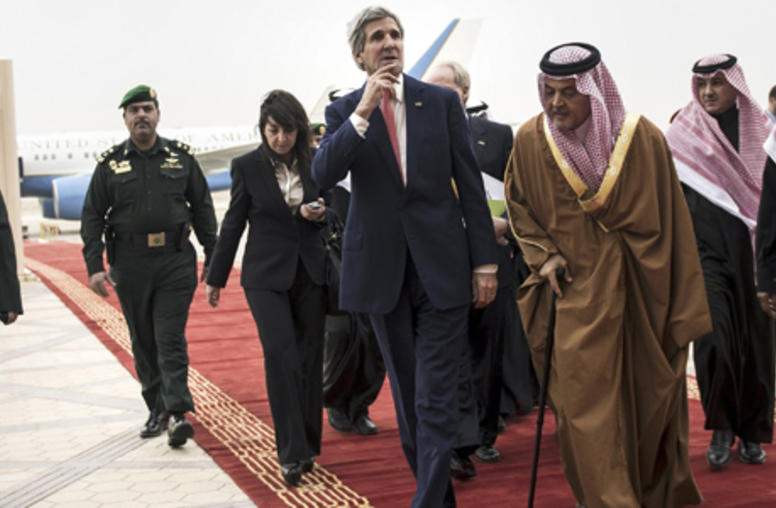
Rift Removal
The situation in Syria is dire, and there are no good options for addressing it; even the option of doing nothing is terrible, both morally and strategically. Inaction by the international community allows the killing to. Military intervention risks uncontrollable involvement without an obvious positive outcome. Although all agree that only a political solution can end the conflict, there is no agreement on the shape of such a solution.
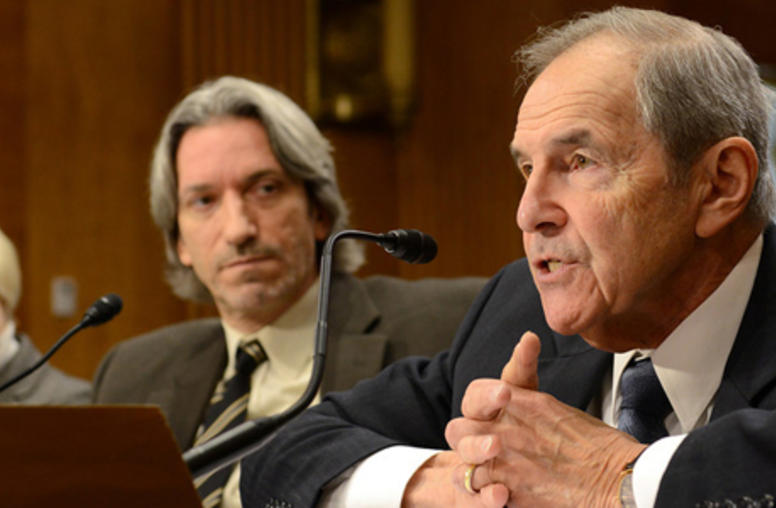
South Sudan Crisis Requires More Active U.S. Role, USIP’s Lyman Says
U.S. officials and senators warned that South Sudan’s warring leaders risk losing American backing unless they end violence that has killed more than 1,000 people in the past month, and experts such as the U.S. Institute of Peace’s Princeton Lyman urged that the international community take a more assertive role.
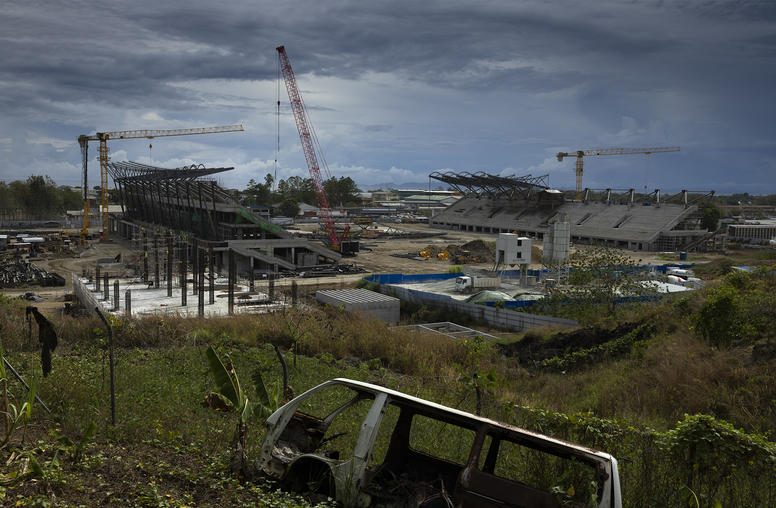
Financially Weak Pacific Island States Are Vulnerable to China
The Pacific island nation of Nauru this week switched diplomatic recognition from Taiwan to China, a move that could seem of little consequence in a largely symbolic competition between Taipei and Beijing. But the move has a deeper significance for the United States.
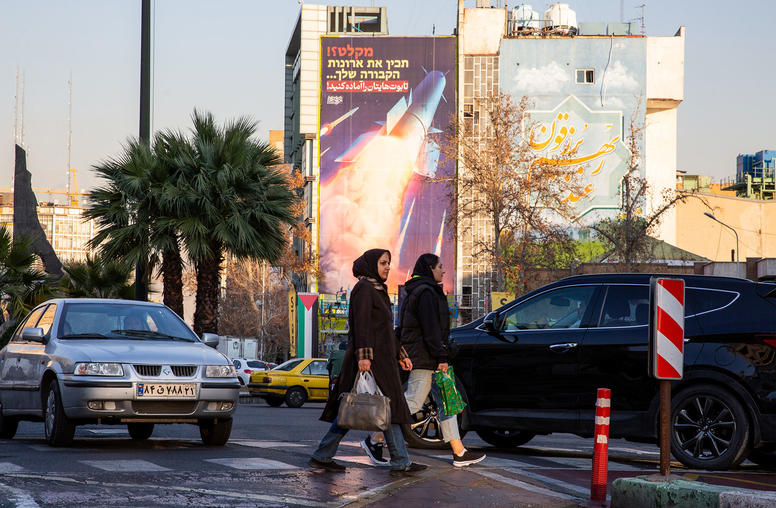
Making Sense of Iran-Pakistan Cross-Border Strikes
In a surprising turn on January 16, Iran launched missile strikes into Pakistan’s Baluchistan province, claiming it had hit two strongholds of anti-Iran insurgent group Jaish al-Adl (Army of Justice). Iran announced the attack in Pakistan concurrent to its strikes in Iraq and Syria. Less than two days later, Pakistan hit back with not only missiles but also fighter jets in Iran’s Sistan-Baluchistan province — claiming to target hideouts of anti-Pakistan ethno-nationalist insurgents operating from Iranian soil.